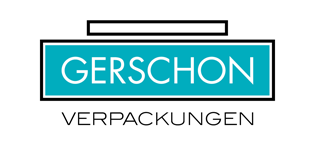WHAT MARKET RESEARCH SAYS
The June 2021 McKinsey Report on the consumer goods industry reveals the following:
"All consumer groups show a clear trend towards sustainability - whether it's food, clothing or cosmetics. 23 percent of German consumers now reach for sustainable brands more often than before the pandemic broke out, a McKinsey survey from December 2020 found. Even in the years before, more than half of the growth in the consumer goods business was accounted for by sustainably marketed products, although these only accounted for around one-sixth of all consumer goods sales in 2019. What's more, sales of consumer products marketed as 'sustainable' are growing more than seven times faster than conventional products."
Countless other studies speak a similar language:
- Utopia study*: 72 % of respondents trust the "carbon neutral" label. 85 % are willing to pay more for carbon-neutral products.
- OTTO Trend Study**: For 77 %, ethical consumption means buying products that are carbon neutral." 63 % are willing to pay more for carbon-neutral products
- Capgemini study***: 79 % of consumers change their purchasing behaviour for sustainability reasons.
- GfK study****: 40% of consumers attribute the greatest influence to manufacturers in controlling and limiting environmental damage.
These are figures that underpin Gerschon's drive towards sustainability. The already strong growth market in the sustainability sector has grown considerably since the beginning of the pandemic. Smiled at a few years ago, our decision to shift the Gerschon product range to bio-based and recycled containers has proven to be the right one. Gerschon is gradually becoming Green Gerschon, and we are proud and grateful that our customers are taking this step with us!
*Source: Utopia study „Klimaneutrale Produkte“, April 2021 https://utopia.de/utopia-insights/utopia-studie-klimaneutrale-produkte-2021/
**ource: OTTO Group trend study, Oktober 2020 https://static.ottogroup.com/media/docs/de/trendstudie/Otto-Group-Trendstudie-zum-ethischen-Konsum-2020.pdf
***Source: Capgemini Research, Juli 2020 https://www.capgemini.com/de-de/wp-content/uploads/sites/5/2020/07/Final-Web-Report-Sustainability-In-CPRD.pdf
**** Source: GfK-study 2021: „Who cares? Who does? Sustainability concern and action
 Deutsch
Deutsch
 English
English
